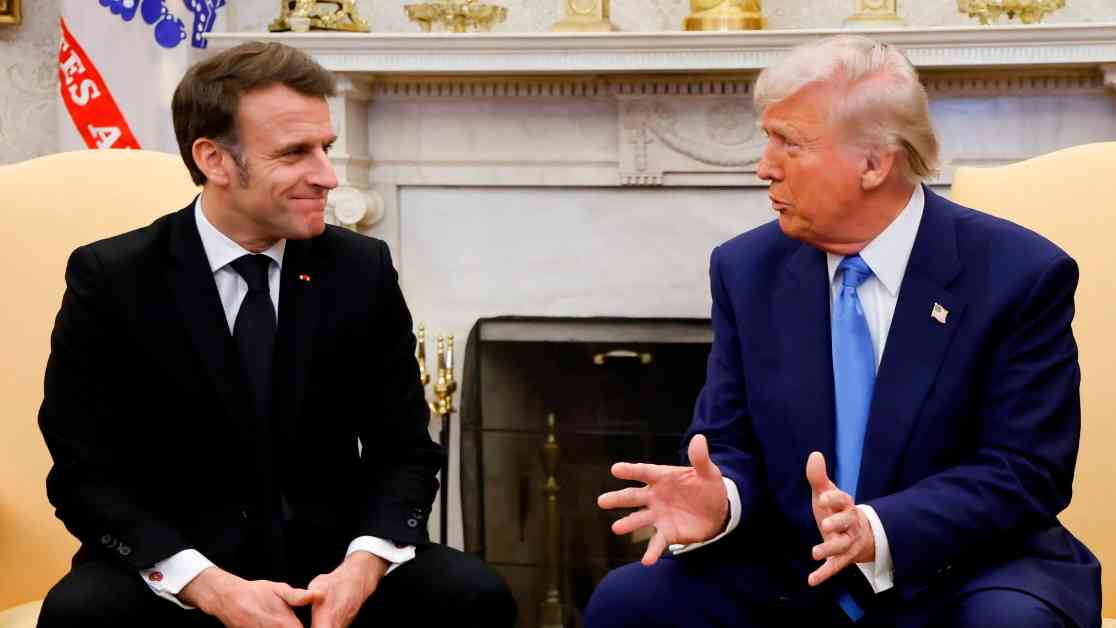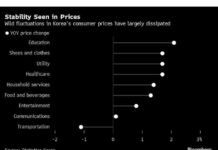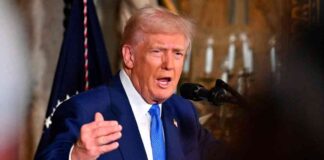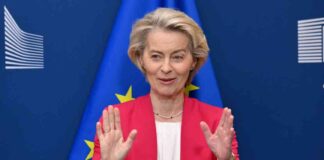Former President Donald Trump has indicated a willingness to engage in economic deals with Russia amidst ongoing diplomatic efforts regarding Ukraine. This development comes at a crucial juncture in international relations, raising questions about the potential implications for global stability and political dynamics. As the world watches with bated breath, the intersection of economic interests and geopolitical strategies takes center stage once again.
Trump’s Stance on Economic Deals
In a recent statement, Trump expressed openness to exploring economic partnerships with Russia, citing the potential for mutual benefit and cooperation. This shift in rhetoric marks a departure from his previous administration’s approach to Russian relations, characterized by tensions and sanctions. The prospect of economic collaboration between the two nations has sparked debate among policymakers, analysts, and the public, prompting a reassessment of geopolitical alignments and strategic priorities.
Expert opinions on the matter vary, with some emphasizing the importance of economic diplomacy in fostering stability and prosperity. Dr. Maria Ivanova, a renowned political scientist, notes that economic engagement can serve as a bridge to more constructive dialogue between countries with divergent interests. “While geopolitical differences may persist, economic incentives offer a common ground for meaningful interaction and negotiation,” she explains.
Implications for Ukraine Diplomacy
Against the backdrop of escalating tensions in Ukraine, Trump’s overture towards Russia raises concerns about the potential impact on ongoing diplomatic efforts in the region. As world leaders navigate a complex web of alliances and rivalries, the specter of conflict looms large, underscoring the delicate balance of power and influence at play. The fate of Ukraine hangs in the balance, caught between competing interests and strategic calculations.
The situation in Ukraine remains fluid, with developments unfolding rapidly and unpredictably. Regional dynamics, historical grievances, and geopolitical aspirations converge in a volatile mix, shaping the contours of diplomacy and conflict. The stakes are high, with implications far beyond the borders of Ukraine, reverberating across Europe and the wider international community.
As policymakers grapple with the complexities of the situation, the need for nuanced and strategic decision-making becomes increasingly apparent. The interplay of economic interests, security concerns, and political considerations complicates the path to resolution, highlighting the intricate nature of modern diplomacy. In this high-stakes game of chess, every move carries consequences, shaping the future trajectory of global affairs.
In conclusion, the intersection of economic deals, diplomatic overtures, and geopolitical maneuvering underscores the complex interplay of interests and agendas in the international arena. As world leaders navigate the turbulent waters of global politics, the need for foresight, cooperation, and mutual understanding becomes paramount. The road ahead is fraught with challenges and opportunities, demanding a delicate balance of pragmatism and principle. Only time will tell how the unfolding drama of international relations will shape the destiny of nations and the course of history.






















